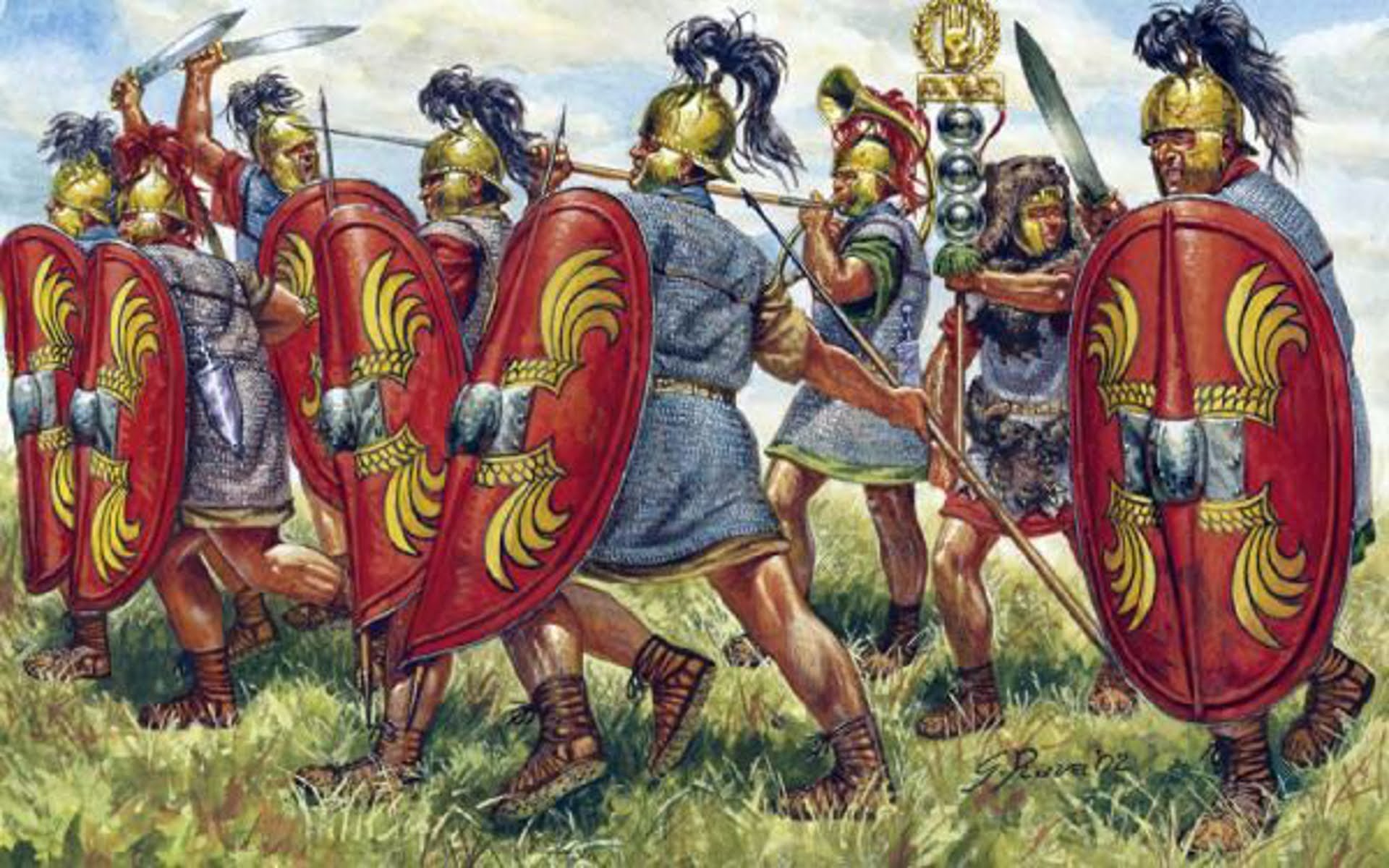Herod the Great is most infamous for ordering the deaths of the infant boys in Bethlehem when he learned of Jesus’ birth. As I tried to wrap my head around such a monstrous act, I dug deep into Herod’s biography. This scene happens when Herod was 10 years old, and I was really sad to have to cut it from my final draft of Herod’s story. I think the events here framed the way Herod saw the world as an adult. They must have informed his terrible decision all those decades later.
Herod remembered the day God died. He had been a boy of but ten, and Israel was again at war. Aristobulus II had risen against his brother Hyrcanus – the rightful king and ally of Herod’s father. Aristobulus had taken Jerusalem and walled himself inside until Pompey – the great general of Rome, arrived to intervene. The rebels fell back to the Temple, barricading themselves inside for three months. Once they were contained, Herod’s father had sent for his sons.
In the end, the Temple walls had proved no match for Pompey. Herod watched from a distance as the gates were broken in and Roman troops – Gentiles – had swarmed into the courtyard. They were closer to God than Herod, an Edomite by birth, had ever been. He watched as they slaughtered Aristobulus’ fiercest – or most desperate – defenders. He watched the rest throw down their swords and spears in surrender. He watched as the Roman troops broke down the golden doors of the Temple. Gentiles entered into the Temple itself, where only God’s priests may walk. A shout came from within the Temple, and Pompey the Great, imposing and resplendent in his armor, stalked into the Temple. All was silent.
Two priests staggered from the Temple. They tore at their beards, ripped their garments and wailed loudly. Herod’s father remarked grimly to the king, “Pompey has entered the Holy of Holies.” Dread crept over young Herod. He had been raised as a worshiper of Yahweh. He knew the Temple was Yahweh’s footstool, that his glory dwelt physically in the Holy of Holies. No mortal could behold Yahweh’s glory and live. As he stared at the wailing priests, Herod thought of Nadab and Abihu, who offered unholy incense and were struck dead. As the priests tore their garments, Herod saw Uzzah, who caught the Ark of the Covenant and was struck dead. If even faithful Jews could not endure Yahweh’s holiness, what hope had a Gentile general?
Herod began to weep for Pompey, for his father, for their cause.
“Boy.” His father’s stern voice, seemingly unworried. “What is the meaning of these tears?”
“Pompey is dead, Father! What will happen now?”
Antipater’s confusion lasted only a moment before he laughed and gestured toward the Temple. Herod’s eyes followed, and he saw the king’s rebel brother led out in chains, Pompey hale and whole following behind.
“Rome is with us, Boy. Even the LORD must take note.”
Read more about Herod in my book, Empathy for the Devil.
Empathy for the Devil releases on November 7. You can preorder it here.
Get every book update (and secret goodies!) every Friday in my newsletter (along with a devotional and pop culture recommendations). Subscribe here, and I’ll send you the first two chapters (on Cain) for free!

